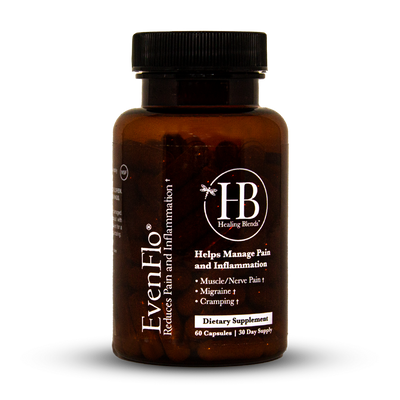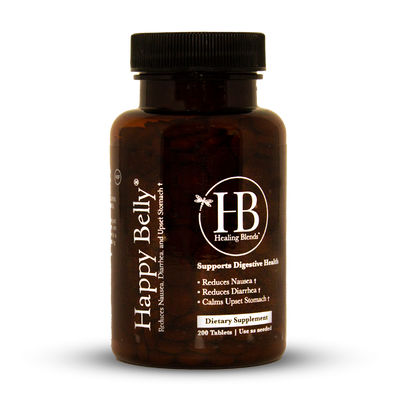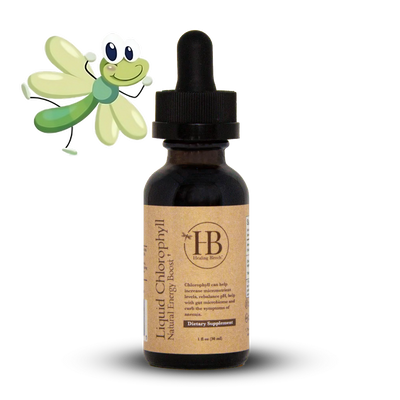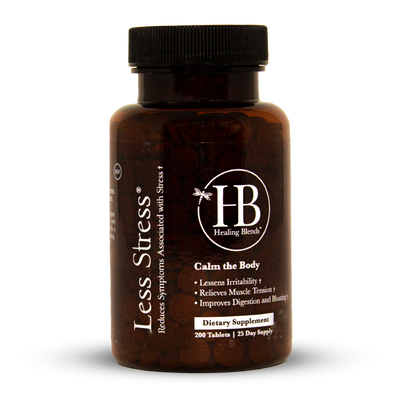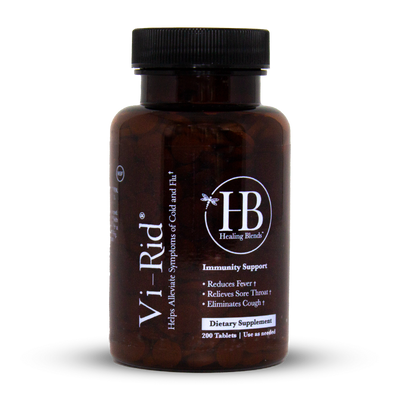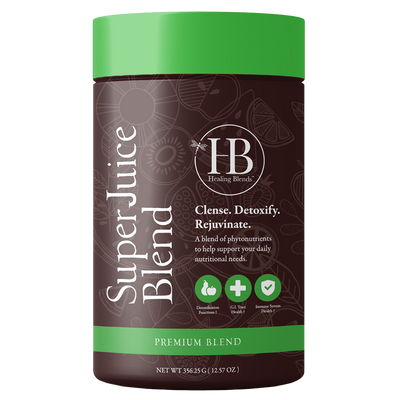Plastic Bottles & the Hot Summer: Are You Putting Yourself in Danger?
The scourging heat of summer requires that you always keep a bottle of water at hand. Nothing is more refreshing than the thought of water cooling down your body on a sunny day. While it is true that water in plastic bottles left inside your car may serve as emergency thirst quenchers, experts warn about its safety. Some studies have noted that it can be dangerous to one’s health because of the leached chemicals in it.
How do chemicals leach into the water?
Cheryl Watson, a biochemistry and molecular biology professor from the University of Texas Medical Branch, says that heat causes molecules to move faster and combine with one another. In the case of a plastic bottle and the water inside it, the molecules present in the plastic can leach into the water and contaminate it when exposed to a higher temperature. This explains the odd taste when you drink the water that has been sitting in your car’s trunk for days.
To understand the concept further, Watson used mint leaves in hot tea as an example. In her experiment, molecules in mint easily escaped in warmer temperatures compared with cold environments. The heat increases the movement of molecules from the herb to move into the water. A similar thing happens with plastic bottles. The heat inside the car will cause different chemicals in the plastic to mix with water. Once you drink it, you also bring these harmful chemicals inside your body.
Watson's observations can be backed up by other studies where researchers have noted a higher level of antimony in bottled water that has been exposed to 158 degrees Fahrenheit. These pieces of evidence can be strong enough to tell you to refrain from taking the water in your hot car. Apart from not being refreshing and having an odd taste, you might just be exposing yourself to more health problems.
What chemicals are present in plastic bottles?
Plastic bottles are made from PET (Polyethylene terephthalate), a form of polyester. This is the material often used for sodas, food storage containers, personal care products, and many other consumer products. The material is light, yet it provides a high degree of tensile strength. However, this is not resistant to high temperatures exceeding 200 degrees Fahrenheit. This is the reason why manufacturers do not recommend microwave use in some PET containers. The heat may damage the material and cause some chemicals to leach.
One study published in Water Research in 2008 shows antimony leaching from PET bottled water. The research was conducted after reports from Canada and Europe that PET bottles exposed in extreme temperatures have antimony. The researchers were concerned because antimony has been linked to many acute and chronic health problems.
Apart from PET, some bottles are also made from BPA (Bisphenol A), a synthetic compound used in the production of plastics like polycarbonates and epoxy resin. The substance is often seen in children’s toys, canned foods, and food containers. Many manufacturers have labeled their products as BPA-free because of the health issues surrounding the raw material. If you are concerned about BPA, FDA suggests that you use BPA-free products, cut back on cans, avoid heat, and use other alternatives like glass and stainless containers.
What are the health issues of drinking bottled water in a hot car?
It is important to note that bottled water is safe. The researchers from the University of Texas do not want to mislead people. The harm in bottled water happens when the container has been exposed to heat. You can store and keep water in a plastic bottle. However, do not leave it in extremely hot temperatures for a long time.
There are claims that the plastic components in bottles create carcinogenic compounds, substances that are known to cause cancer. These chemicals may mix with your drinking water. Although the reports have not yet been verified by health experts, this gives a heads up to individuals with a higher predisposition to the disease.
The BPA component in some plastic bottles has also possible effects on the brain and behavior, especially in infants and children. It has also been associated with a higher risk of high blood pressure.
Apart from the health issues of leaving water inside your car on a hot day, it is also surprising that there are reports that this has caused a vehicular fire. The claim has been reported by the battery technician, Dioni Amuchastegui in his Idaho Power Facebook video. According to him, he saw how the fire started in his own eyes. He is just lucky enough to see how the whole thing started. Otherwise, the incident may have caused a big disaster. Experts explained that the plastic bottle acted like a magnifying glass. The container concentrated the heat and light in one spot sufficient to cause a fire.
Midwest City Fire Department in Oklahoma did the same test to verify the claim. True enough, the authorities concluded that the danger is possible. If sunlight hits the bottled water at the right angle, it can start a fire. David Richardson from the fire department said that if given the right condition, the dangers can be really high.
What does a plastic bottle manufacturer say about the health warnings?
Some people may be skeptical about the warning and say, it’s water after all and it can address your immediate needs. While it can meet your need for hydration, you may be exposing yourself to a variety of chemicals.
However, the International Bottled Water Association disagrees that bottled water exposed to higher temperatures is unsafe. The organization maintains its stand that the containers are safe under different conditions. They also use PET containers that do not produce dangerous chemicals under normal use. They cited that while there may be higher antimony levels in the trials conducted by different studies, only one in sixteen brands have exceeded the EPA standard for BPA and antimony and the rest have very minimal levels. That means that the leaching of chemicals may happen but it is a small possibility.
Meanwhile, the US Food and Drug Association considers a small amount of BPA to be safe. A small dose is unlikely to be harmful to the human body. Although they do not discount the possibility that chemicals from plastic may leach into the water, the minimal amount is not enough to cause various health issues.
Conclusion
Although there are varying views as to the safety of water stored in plastic bottles that have been exposed to hotter temperatures, I suggest you better stay on the safe side. The claim of the cancer-causing effect is pretty big. But, would you like to take the risk? The important message of experts is that bottled water is safe. Do not just expose the plastic container in hot temperatures for a long time. Unless it is a life and death situation, do not drink that bottled water stored in your hot car. Extend your thirst for a few more minutes and wait until you get a fresher source of drink. After all, it will not hurt you to believe that hazardous leached chemicals may be present in that plastic bottle exposed to heat.
References:
- Effects of storage temperature and duration on release of antimony and bisphenol A from polyethylene terephthalate drinking water bottles of China. Fan Y.-Y., Zheng J.-L., Ren J.-H., Luo J., Cui X.-Y., Ma L.Q. (2014). Environmental Pollution, 192 , pp. 113-120.
- “Toxic Substances Portal.” Centers for Disease Control and Prevention, Centers for Disease Control and Prevention
- Antimony leaching from polyethylene terephthalate (PET) plastic used for bottled drinking water. Westerhoff P., Prapaipong P., Shock E., Hillaireau A.(2008) Water Research, 42 (3), pp. 551-556.
- Center for Food Safety and Applied Nutrition. “Safety of Bottled Water Beverages.” U.S. Food and Drug Administration, FDA.













